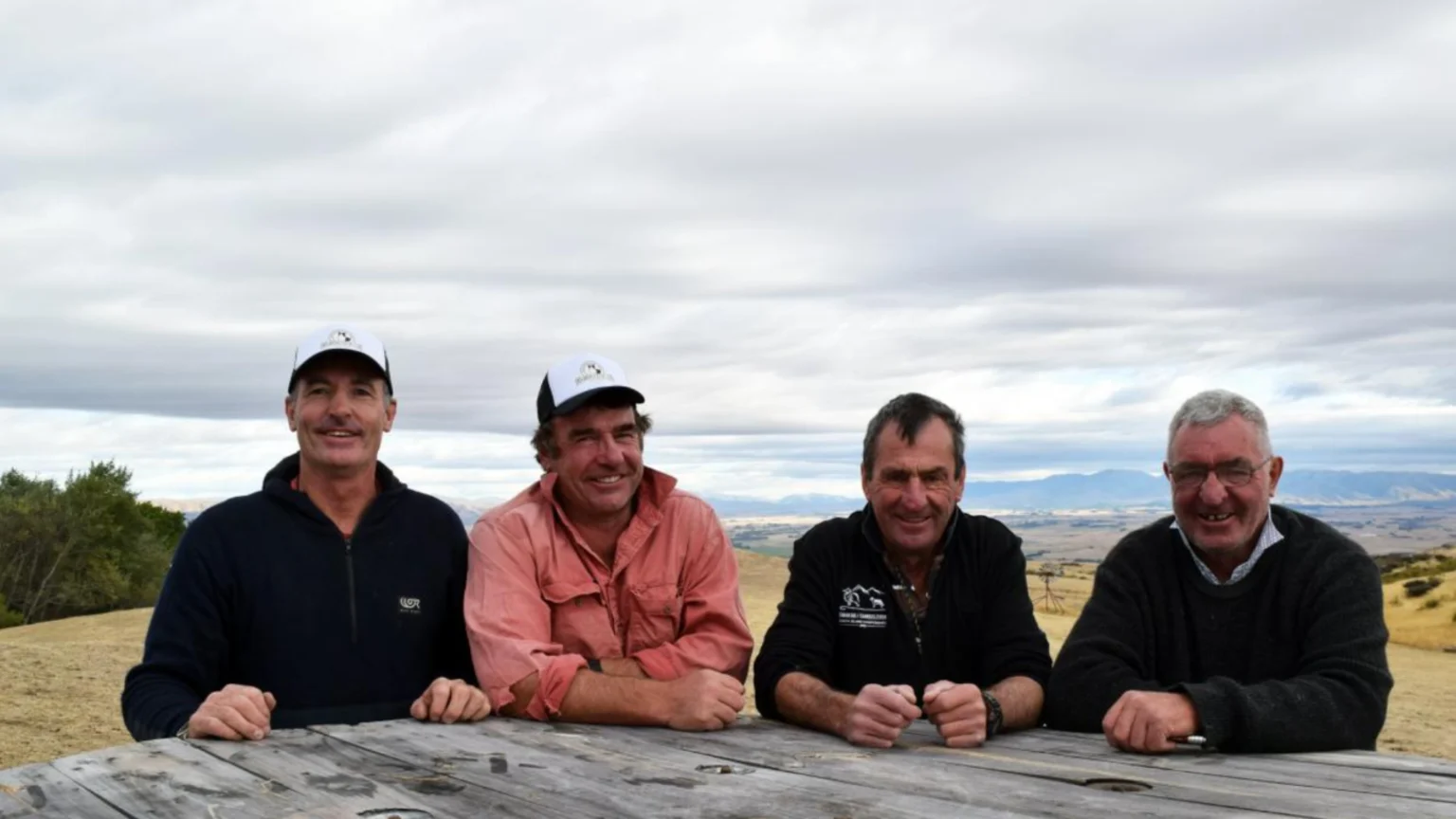Rural
Charlie Hore winner of the Otago Merino Association Two Tooth Competition

Published by Dominic George
08 May 2024
Patearoa Station owner, Charlie Hore, took first place overall at the 2024 Otago Merino Association Two-Tooth Competition.
Hore's family have a rich heritage in farming, with roots tracing back to 1910 at Stonehenge. Hore spoke to Dom George about the challenges that they face at Patearoa Station, near Ranfurly, including a summer of high wind run and limited rainfall.
Patearoa Merino genetics are based on Merryville bloodlines from Australia. The property also runs a Romney stud.
Hore gives an insight into why the two-tooths and mixed age ewes are lambed together. This flock management strategy is different to many others.This approach is part of his effort to combat drench resistance.
His philosophy on drenching is targeted and judicious, aiming to slow the arrival of drench resistance.
"Set stock your younger sheep with some undrenched older ones and build up a wee bit of worm tolerance," Charlie said.
The Romney stud relies on word of mouth to sell rams, with no social media presence. It's about the power of personal connections in rural business.
Hore's merino wool falls within the 16.5 to 17 micron range, and is supplied to companies such as Nike and Icebreaker. When it comes to strong wool, he expresses some frustration with the lack of support from certain quarters.
"Yeah, it's a wee bit disappointing that the government or people aren't fully in, especially when everyone's banging their drums on about saving the environment and being clean and green."
Listen to the full chat between Charlie Hore and Dominic George above.
To check out more episodes listen to the REX Podcast anytime on your favourite streaming platforms including Spotify, Apple Music and Rova.
Visit the Rural Exchange Facebook or Instagram page for more information and regular updates from the REX team.
Published by Dominic George
08 May 2024